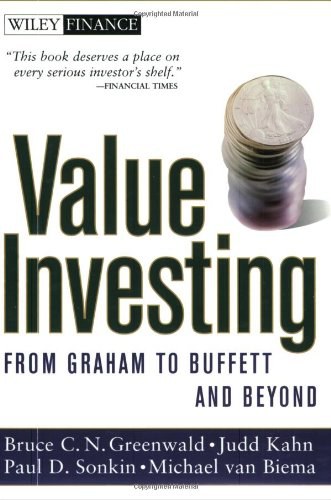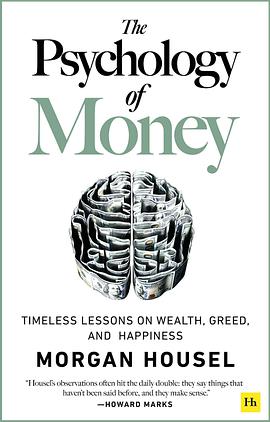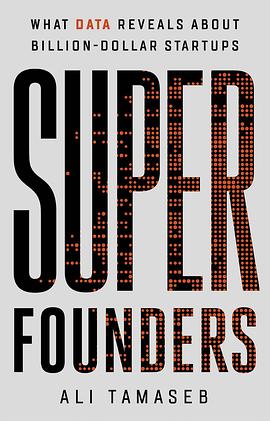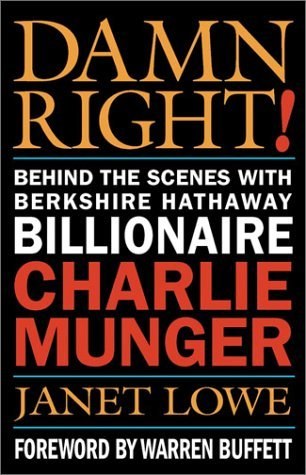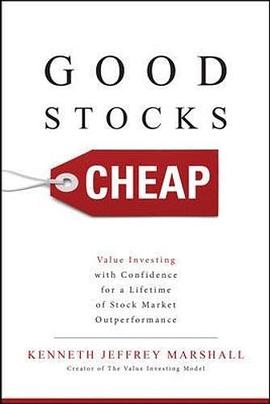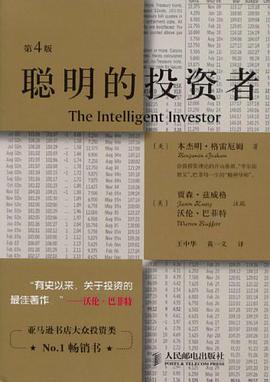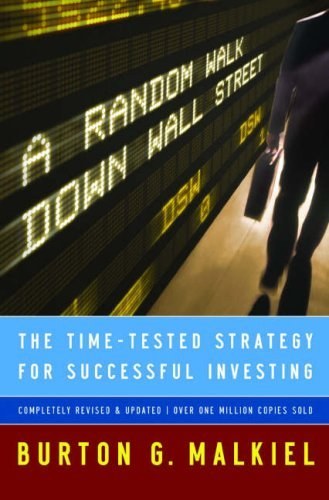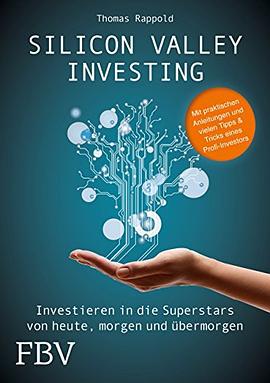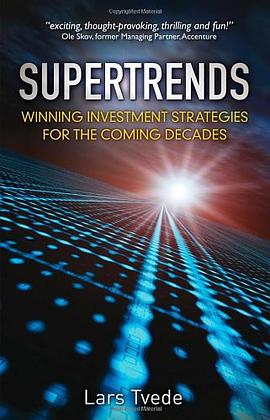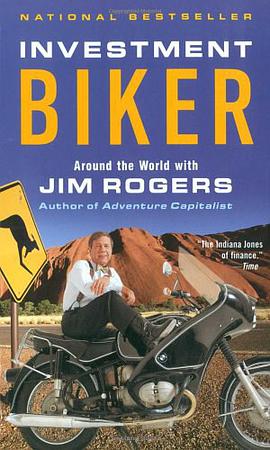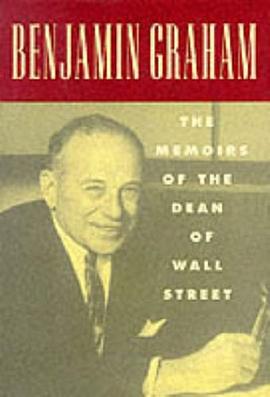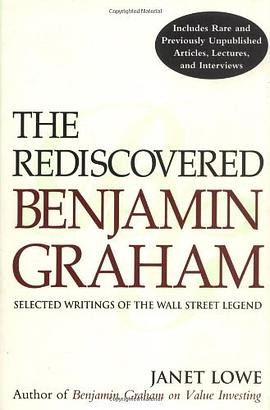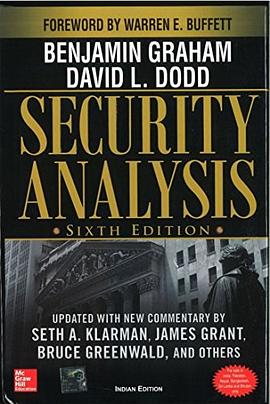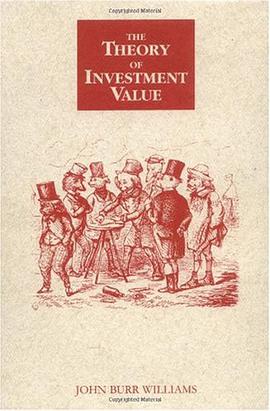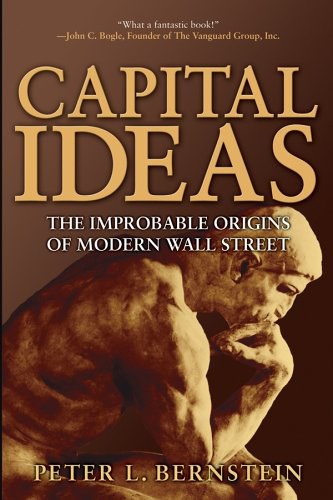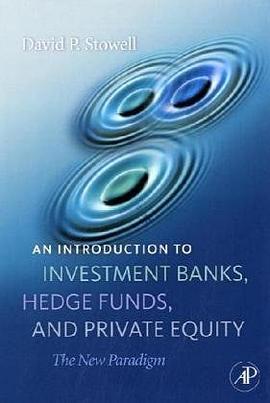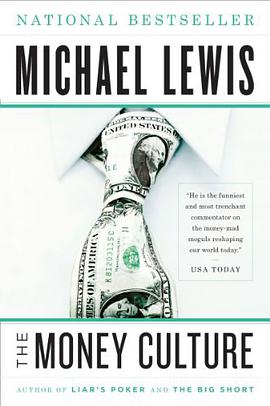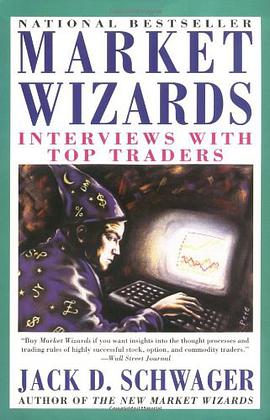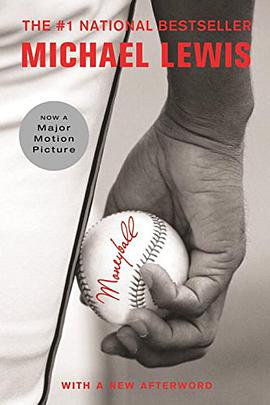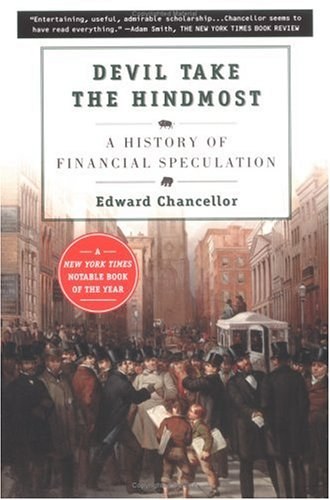Value Investing Goodreads 豆瓣
作者:
Bruce C. N. Greenwald
/
Judd Kahn
…
John Wiley & Sons
2004
- 2
From the "guru to Wall Street's gurus" comes the fundamental techniques of value investing and their applications
Bruce Greenwald is one of the leading authorities on value investing. Some of the savviest people on Wall Street have taken his Columbia Business School executive education course on the subject. Now this dynamic and popular teacher, with some colleagues, reveals the fundamental principles of value investing, the one investment technique that has proven itself consistently over time. After covering general techniques of value investing, the book proceeds to illustrate their applications through profiles of Warren Buffett, Michael Price, Mario Gabellio, and other successful value investors. A number of case studies highlight the techniques in practice.
Bruce Greenwald is one of the leading authorities on value investing. Some of the savviest people on Wall Street have taken his Columbia Business School executive education course on the subject. Now this dynamic and popular teacher, with some colleagues, reveals the fundamental principles of value investing, the one investment technique that has proven itself consistently over time. After covering general techniques of value investing, the book proceeds to illustrate their applications through profiles of Warren Buffett, Michael Price, Mario Gabellio, and other successful value investors. A number of case studies highlight the techniques in practice.
